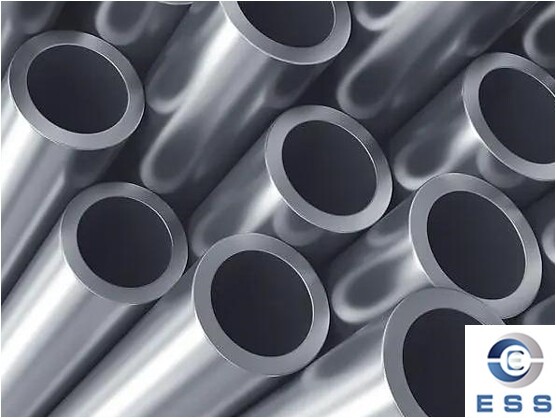
When purchasing precision
tube, you do need to pay more attention, because different types of
precision tubes have significant differences in materials, performance,
specifications and application areas. When purchasing precision tubes, you need
to clarify your needs, understand the types, pay attention to the quality of
specifications, choose regular manufacturers and consider the
cost-effectiveness. After comprehensive evaluation, you can purchase
high-quality tubes that meet the requirements. The following are some specific
purchase considerations:
Clear use requirements
1. Application field
Determine which field the precision tube
will be used in, such as machinery, electronics, chemicals, medical care, etc.,
so as to select the appropriate material and specifications. For example, the
machinery manufacturing industry usually uses seamless
pipe to ensure high strength and pressure resistance.
2. Performance requirements
Understand the required tensile strength,
yield strength, elongation, corrosion resistance, conductivity and other
performance indicators to ensure that the precision tube purchased can meet the
use requirements.
Understand the types of precision tubes
1. Power precision tubes
Used in the construction and maintenance of
power systems, with high precision, high strength and excellent conductivity.
2. Engineering precision tubes
Used in various construction projects, such
as bridges, tunnels, high-rise buildings, etc., with high strength, high
toughness and good welding performance.
3. Precision tubes for pipelines
Used to transport fluid media, such as oil,
natural gas, water, etc., with high precision, high sealing and good corrosion
resistance.
4. Petrochemical equipment precision tubes
Used in various equipment and devices in
the petrochemical industry, such as reactors, heat exchangers, separators,
etc., with high strength, high corrosion resistance and good thermal stability.
Pay attention to product specifications
and quality
1. Specification selection
Choose appropriate precision tube
specifications according to actual needs, including parameters such as outer
diameter, inner diameter, wall thickness, etc. Ensure that the selected
specifications can meet the use requirements and avoid excessive waste or
insufficiency.
2. Surface quality
Carefully check whether the surface of the
precision tube has defects such as cracks, sand holes, bubbles, etc.
3. Straightness and flatness
Ensure that the straightness and flatness
of the pipe meet the use requirements.
4. Wall thickness uniformity
Check its uniformity by measuring the wall
thickness of different parts. Especially when connected to the pipe flange, the
uniformity of wall thickness helps to improve the sealing performance.
Choose a regular manufacturer
1. Qualification certification
Check whether the manufacturer has relevant
qualification certifications, such as ISO certification, quality management
system certification, etc.
2. After-sales service
Understand the manufacturer's after-sales
service policy, including product quality assurance, return and exchange
policy, etc.
3. Word of mouth evaluation
Evaluate the reputation and product quality
of the manufacturer by consulting customer evaluations, industry reputation and
other information.
Consider price factors
1. Cost-effectiveness
On the premise of meeting the use
requirements, choose precision tubes with high cost-effectiveness.
2. Price comparison
Choose manufacturers and products with
reasonable prices through multiple comparisons.
Summary
In summary, when purchasing precision
tubes, it is necessary to comprehensively consider multiple aspects such as use
requirements, product types, specifications and quality, manufacturer selection
and price factors. Through careful comparison and evaluation, you can purchase
high-quality precision tubes that meet the use requirements.













 Eastern Steel Manufacturing Co.,Ltd not only improve product production and sales services, but also provide additional value-added services. As long as you need, we can complete your specific needs together.
Eastern Steel Manufacturing Co.,Ltd not only improve product production and sales services, but also provide additional value-added services. As long as you need, we can complete your specific needs together.










